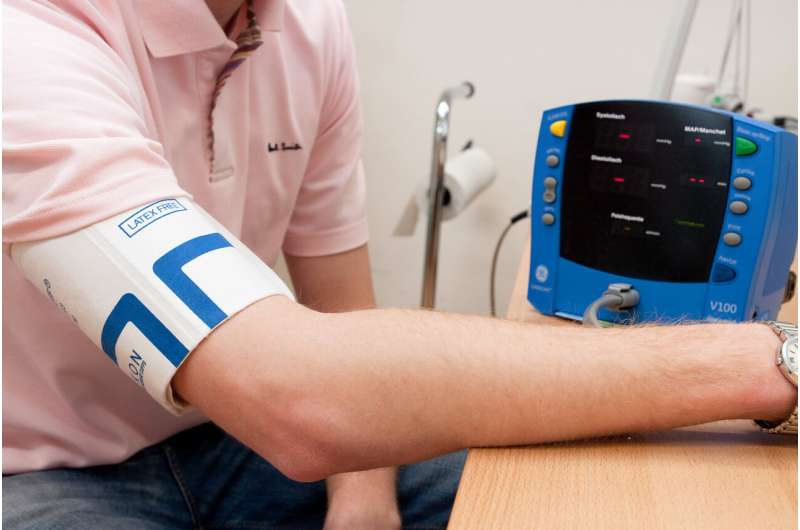
Moderate to vigorous physical activity is associated with risk reductions of non-communicable diseases and mortality. However, whether cardiovascular health status affects the relationship between physical activity and health outcomes is unknown. A study publishing December 2nd in PLOS Medicine by Thijs Eijsvogels at Radboud University Medical Center, The Netherlands and colleagues suggests that while risk reduction for healthy individuals plateaus at higher levels of physical activity, those with cardiovascular disease have no upper limit of physical activity beyond which there is no further benefit.
How cardiovascular health status affects the association between physical activity and health outcomes is not well understood. To investigate, researchers used prospectively gathered data from the Lifelines Cohort Study; a population-based cohort of 167,729 individuals living in the Northern Netherlands. They compared the association between physical activity and major adverse cardiovascular events as well as all-cause mortality across healthy individuals, individuals with elevated levels of cardiovascular risk factors, and individuals with cardiovascular disease.
The researchers found that increasing physical activity reduced mortality risk in all groups. However, health benefits appeared to level-off above a certain volume of physical activity in healthy individuals and those with cardiovascular risk factors. In cardiovascular disease patients, the researchers found no evidence of an upper physical activity limit above which there is no further health benefit. The study was limited in that it relied on self-reported physical activity data from participants, so future research is needed to further validate the findings.
Source: Read Full Article
